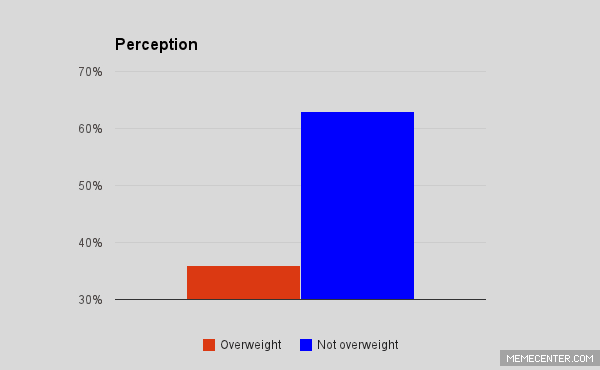NEW YORK—The piece of land on Harlem’s east shore used to be abandoned and desolate. Over the past 10 years, community efforts have turned a city, back-burner plan into a large waterfront park, offering the community a place of leisure, culture, and sports.
The champion behind the transformation was Thomas Lunke. After joining the Harlem Community Development Corporation, more than a decade ago, Lunke learned about the planned park. He got together with community leaders, organizations, and elected officials to form the Harlem River Park Task Force (Harlem CDC). The task force meets periodically to discuss the way to push the park development forward. In all phases, the planning was done in cooperation with community and local artists to reflect the area’s unique culture.
Before joining the Harlem CDC, Lunke worked in several city agencies in New York and in other cities.
The Epoch Times: What is the importance of the park to the community?
Thomas Lunke: In this community in particular, we have high rates of asthma and obesity. We need places that are green and away from stress, places to walk uninterrupted, to feel safe, to jog, or stretch on the lawn. The park provides this opportunity. It also cleans the air and the water. That, for the community, is very important. Citywide it will eventually connect to a green way that would go all around the mountain so people from downtown would be able to bike and jog through Harlem River Park and experience the unique culture that is here.
The Epoch Times: You have been working in Harlem for 12 years. How has it changed?
Lunke: It has changed significantly. When I first came here there were a lot of abandoned buildings and vacant lots in greater Harlem. It is hard to find a vacant lot now. That, in and of itself, shows you the tremendous amount of physical change. Psychologically, the neighborhood has changed as well. Once people saw that development is occurring—either they were for it or against it—that got people talking about the future of Harlem in a constructive way instead of a negative way. They started thinking that Harlem had a future of growth instead of one where Harlem is shrinking and divested.
You ended up today with a community that has a higher level of education because people of higher incomes moved in and they demanded and worked to get the type of services they need.
The Epoch Times: Some see this development as a negative process, forcing original residents out. What do you think?
Lunke: The only constant in New York is change. There will always be change. Some people will benefit from that and others won’t. In terms of the people who are losing their homes and their jobs to gentrification, of course that is a horrible thing to have happened. We, in our limited capacity, are not able to save these people’s jobs and homes, because it is more of a market force than something a city agency can deal with. What we try to do is plan with the community for a better future—with the lucky ones who are able to take advantage or withstand the changes in the economy. We do not discriminate; we work with everybody.
The Epoch Times: Do you enjoy what you do?
Lunke: Yes. I enjoy the dialogue with the people and trying to find common solutions. I like urban planning in general and I like to see positive change.






